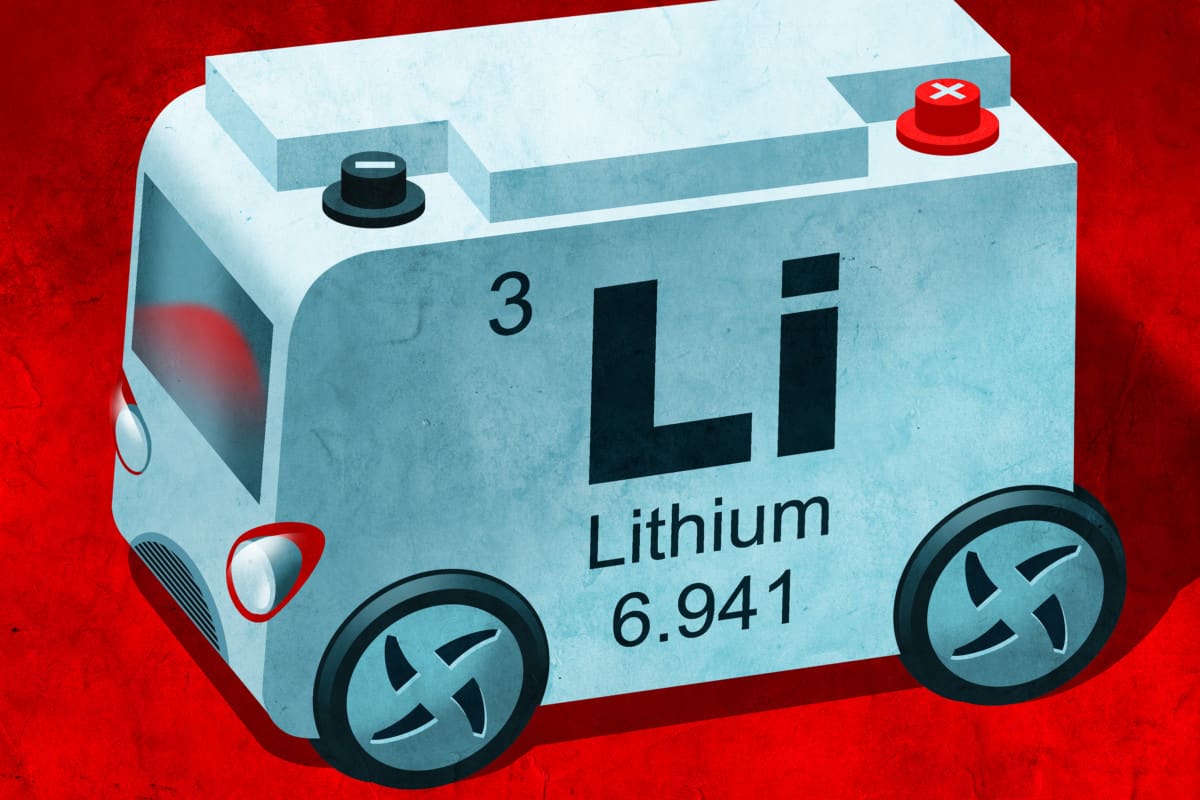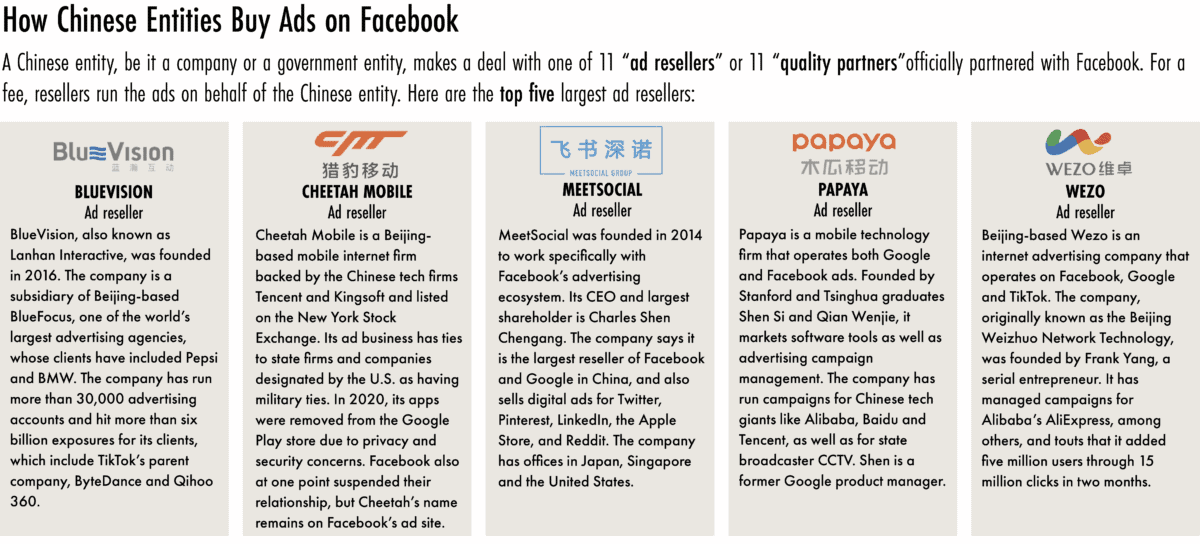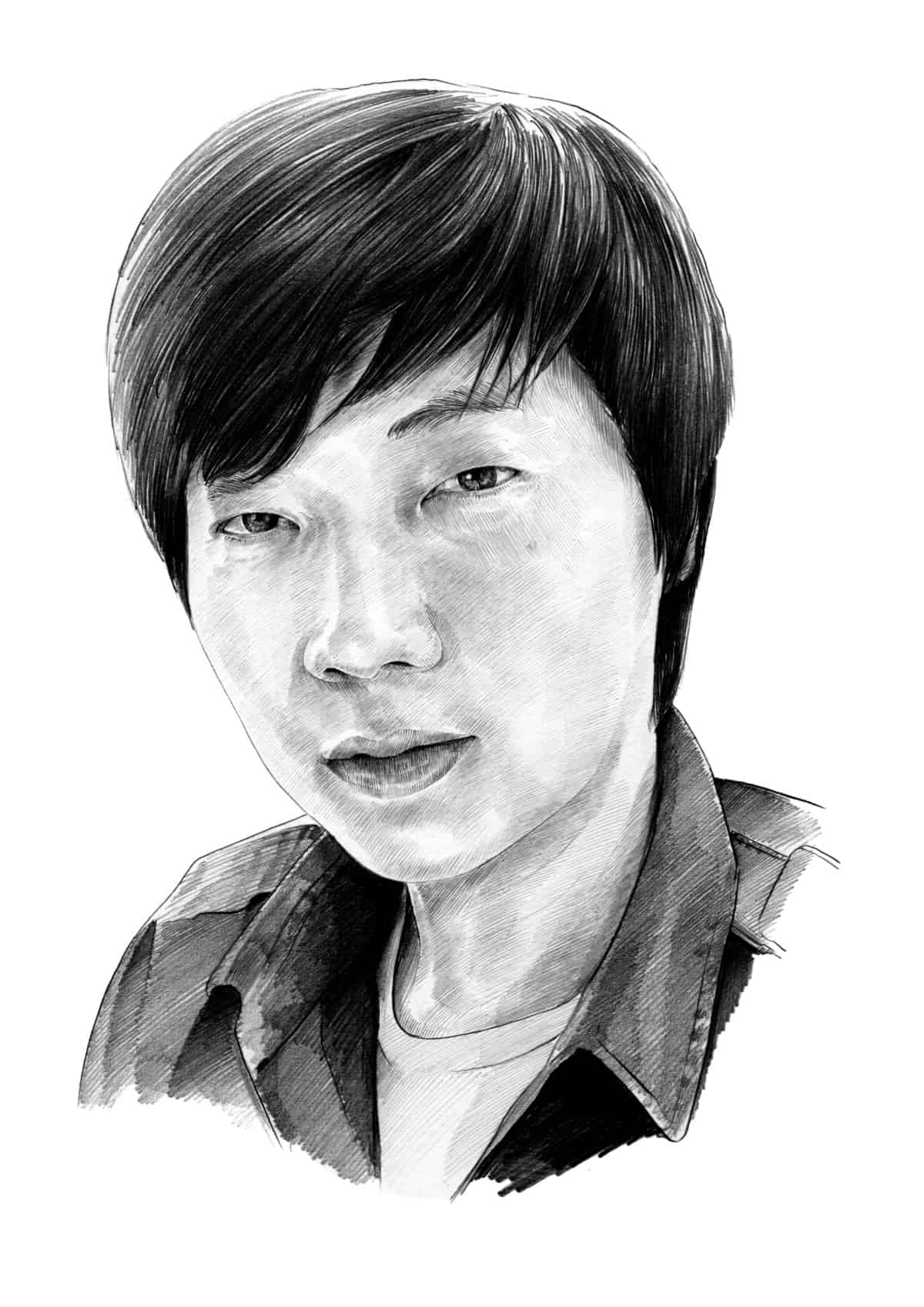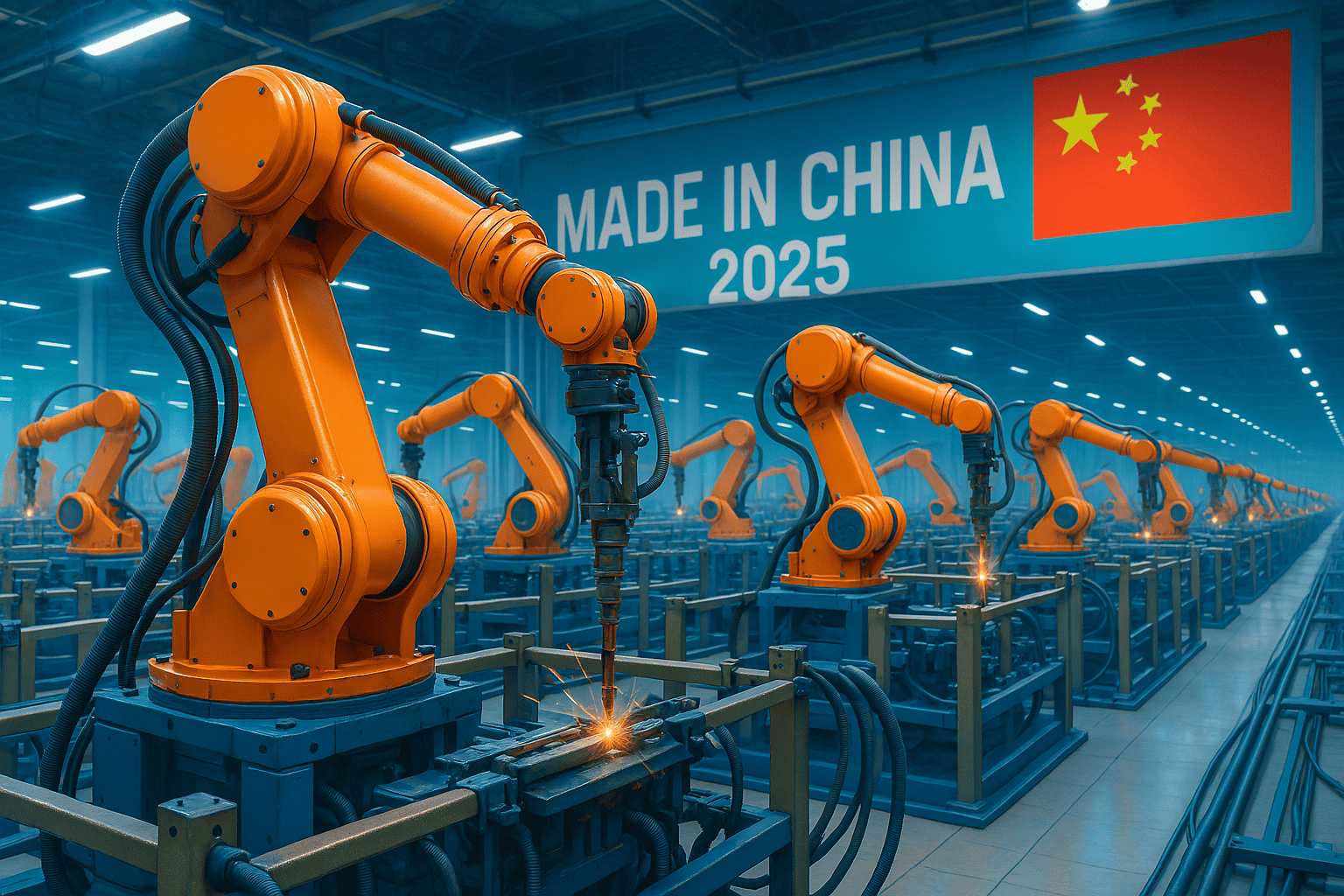Good evening. Thacker Pass, in northern Nevada, is a quiet and untouched patch of land. But that may change next year as Lithium Americas, a NYSE-listed company, spends $1 billion to mine the land’s underground lithium reserves. The goal: power a burgeoning battery and electric-vehicle supply chain in the United States — and, as this week’s cover story explains, catch up with China. Elsewhere, we have infographics on Facebook’s multi-billion dollar “ad reselling” industry in China; a Q&A with Hoàng Nguyên Phong, who recently co-authored a revelatory article on China’s Great Firewall; and two op-eds: one by Eyck Freymann on how China’s protracted border closure is damaging its relationship with its friends around the world, and another by Stephen Roach on how China’s recent crackdowns threaten the foundation of trust that underpins its thriving tech industry. If you’re not already a paid subscriber to The Wire, please sign up here.
Want this emailed directly to your inbox? Sign up to receive our free newsletter.

The Lithium Liability
Demand for lithium has skyrocketed, and the world is not producing enough of it. Earlier this year, President Joe Biden made it a national priority for the United States to secure its supply chain for high-capacity batteries, for which lithium is a critical resource. But as Michael Schuman writes, the U.S. has been caught on its back foot, while China has been working for years to secure its own supply chain. This week’s cover story follows the race to secure the world’s lithium stores, pitting Chinese and American manufacturers against each other with global suppliers caught in between.

The Big Picture: Facebook’s China Advertising
Last week, The Wire brought you a story about Chinese state media’s surprisingly large following on Facebook, amid worries about their role in spreading state-sponsored misinformation. For this week’s infographics, Maggie Baughman provides a deep dive into the role of Facebook-endorsed Chinese “ad resellers,” who are chiefly responsible for managing the social media accounts and payments from Chinese media outlets, state-owned enterprises, and major corporations. Their impact on Facebook’s bottom line is huge: while Facebook vaguely calls its China ad money “meaningful revenue,” payments made via these ad-resellers bring in more than $5 billion dollars in advertising revenue, according one conservative estimate.
A Q&A with Hoàng Nguyên Phong

Hoàng Nguyên Phong is a PhD candidate at Stony Brook University, where he studies online security and privacy, and a visiting research fellow at the University of Toronto’s Citizen Lab. In this week’s interview with Katrina Northrop, Hoàng discusses the findings of his recent research paper, which reveals groundbreaking information about the workings of China’s Great Firewall. Among other topics, they discuss how China’s censorship regime differs from and affects other countries, two-way censorship using the Great Firewall, and when, exactly, the Wire China was blocked inside China.
Hoàng Nguyên Phong
Illustration by Lauren Crow

What If China Never Reopens?
It has been 16 months since China closed its borders to almost all international arrivals. While Beijing allegedly plans to reopen its borders by mid-2022, that timeline seems doubtful. With President Xi’s term up for renewal in the fall of next year, it is in his interest to maintain tight borders and strict social controls. But as Eyck Freymann writes in this week’s opinion piece, locking out foreign journalists, scholars, businesspeople and all others with a close relationship to China for so long condemns the country to relations with the world that can only get worse.

China’s Animal Spirits Deficit
“Animal spirits,” in the words of economist John Maynard Keynes, reflect the “spontaneous urge to action” that propels aggregate demand in a given economy beyond the fundamentals of personal income or corporate profits. In China, these animal spirits have been lacking for years: Chinese household consumption as a share of the economy has long trailed behind comparable economies. And as Stephen Roach writes in an op-ed this week, China’s tech crackdown now risks seeding this distrust in the business sector too, potentially imperilling the creativity and energy that has allowed the tech industry to thrive.
Subscribe today for unlimited access, starting at only $19 a month.



